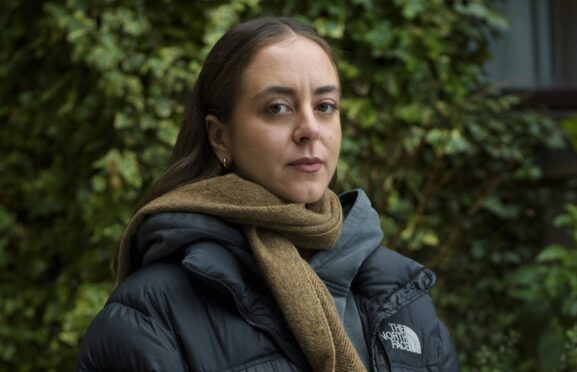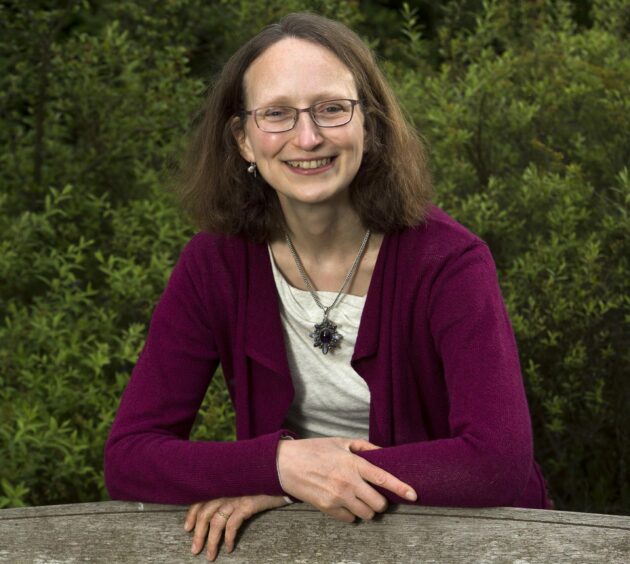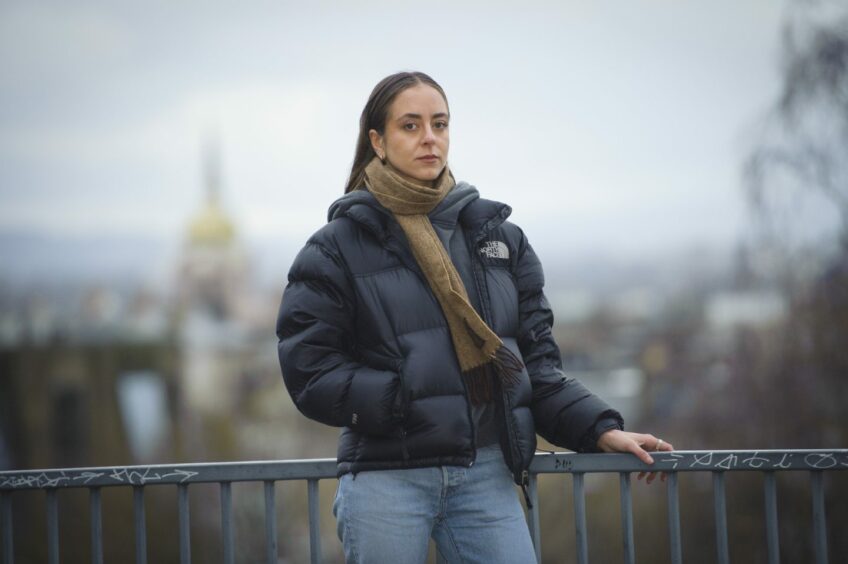
Stretched cancer diagnosis and treatment services will spiral down without investment, an oncologist warns today.
Dr Kay Kelly, a former breast cancer consultant, speaks of her fears for the future as, we can reveal, Scotland’s biggest health board is writing to women flagged for follow-up cervical scans – meant to be done within eight weeks – telling them the wait could be 52 weeks.
Kelly, who is retired, said: “There is a clear need to provide additional capacity in the NHS to save lives. Research shows that for some cancers delays make a considerable difference to patients’ chances of survival.”
Kelly, a breast cancer patient and mother of two from Inverness, added: “Other countries appear to be coping post-pandemic and what is important is the need to focus on staff retention and investment and planning to provide adequate and good cancer care.
“I am shocked that women are waiting 52 weeks for colposcopies to investigate abnormal cells detected by screening. Screening was introduced to detect and treat possible cancers, identify patients and treat them early for good outcomes.
“I fear a further downward spiral without investment in the NHS and its staff. Asking patients to go private to speed up investigations and treatment is outwith the reach of most.”
She welcomed the SNP’s budget proposals announced last week to tax high-earners to provide additional funding for the health service, adding: “The NHS is a measure of democracy because the vast majority of people want improved investment in the NHS and reduced waiting lists.“
While 10 to 12 years ago the NHS compared very well with every health service in the world, Kelly said: “It has slid down the scale since.”
Research in Canada shows a 10% increase in treatment and capacity – staff, chairs, beds and treatment slots for radiotherapy and operating lists would reduce patient deaths by 20% for seven major cancers.
Scottish Labour leader Anas Sarwar last week challenged Nicola Sturgeon over the Scottish Government’s record on treating cancer.
Guidelines suggest 95% of patients should wait no longer than 62 days between a cancer referral and their first treatment but Sarwar, speaking at First Minister’s Questions, pointed out that the 62-day standard had never been met during Sturgeon’s time in charge.
Sarwar said appointment deadlines not being met meant people not being diagnosed in time, treatment not starting in time, and people losing their lives.
He added: “There has not been a single day where Nicola Sturgeon has been first minister where the 62-day standard has been met.
“If doctors suspect someone has cancer, patients have a right to expect to be treated in time. When will the 62-day standard be met?”
My smear test was unusual but I have to wait 52 weeks for a follow-up. It’s incredibly worrying
Khadija Moustafa, 28, a fine art photography student, from Glasgow, was told by Greater Glasgow and Clyde health board that unusual cells had been found in her smear test.
She said: “I was told that I would be treated within eight weeks and urged not to ignore this but I then got another letter saying that I would not undergo investigative tests for 52 weeks. That is next October.
“It is incredibly worrying getting a letter suggesting that you may have unusual cells but then to be told that I have to wait a year for follow-up tests. I can only imagine this is being sent to hundreds of other women.
“The only alternative is to pay privately and it could stretch to four figures if treatment is needed. I do not have the money, nor do most students.
“I would guess that most people do not have the ready cash in today’s economic climate when inflation is rising, utility bills are more than doubling.
“Is this a back door to privatising the NHS? We pay tax in almost everything we buy and the NHS used to be the envy of the world.
“It is failing in its duty of care to those most in need. It is also a huge and unacceptable burden to place on a woman bearing in mind the huge gaps in health for us.
“We need to appoint a Women’s Health Champion now without delay to address some serious shortcomings in health.
“No one should be expendable because investigations are not carried out in time.”
The Sunday Post revealed in July that more than 90% of patients needing further investigation after a bowel cancer test in the NHS Greater Glasgow area were failing to receive follow-up tests within the target time.
NHS Greater Glasgow said: “We very much regret we have longer than usual waiting times for routine colposcopy assessment following screening. We would like to apologise to this patient for any additional anxiety or distress that she has experienced.
“Our staff are working extremely hard at a time of considerable pressure, however, we would like to reassure all women that urgent cases continue to be prioritised, with urgent assessments completed within four to five weeks.
“We continue to work hard to reduce colposcopy waiting times, and this year we have appointed additional locum consultants to allow us to see more patients.
“From early next year, the start of two nurse specialists will allow us to further increase the number of patients we can see, and we are currently investigating options for further nurse specialist appointments.”

Enjoy the convenience of having The Sunday Post delivered as a digital ePaper straight to your smartphone, tablet or computer.
Subscribe for only £5.49 a month and enjoy all the benefits of the printed paper as a digital replica.
Subscribe © Trevor Martin
© Trevor Martin © Mark Anderson
© Mark Anderson